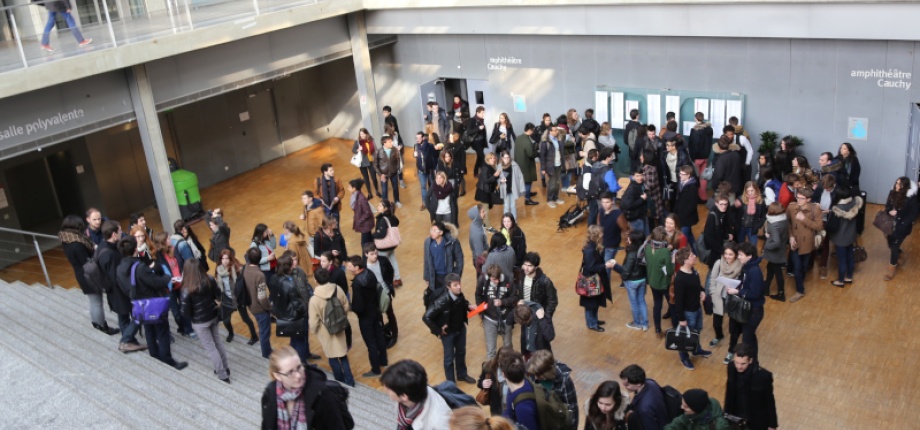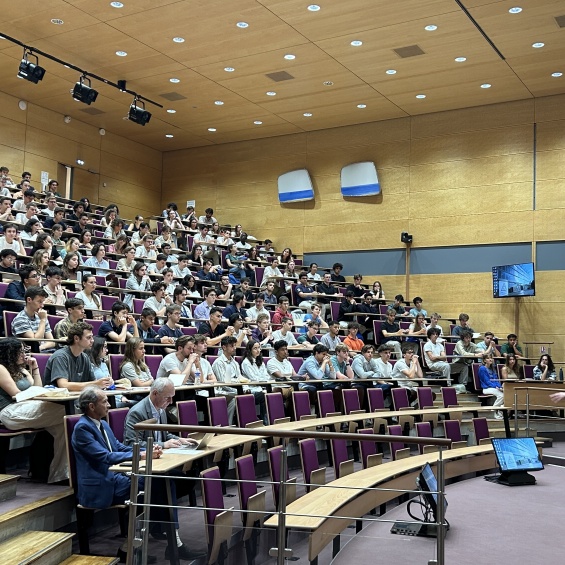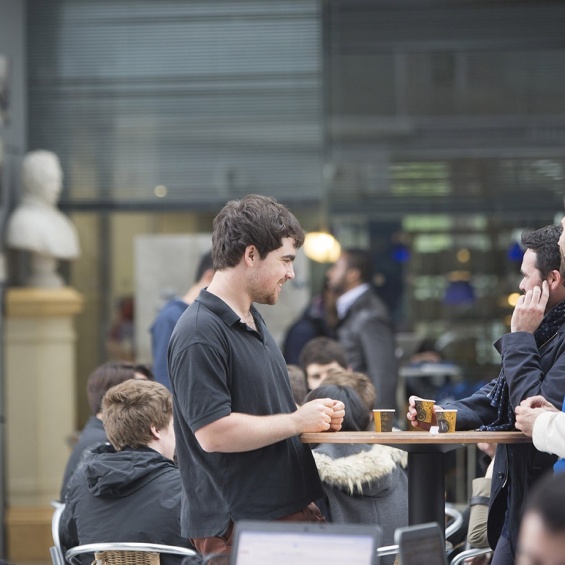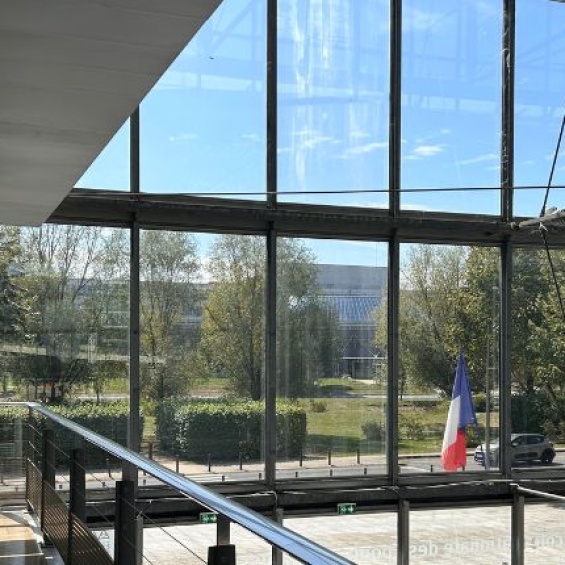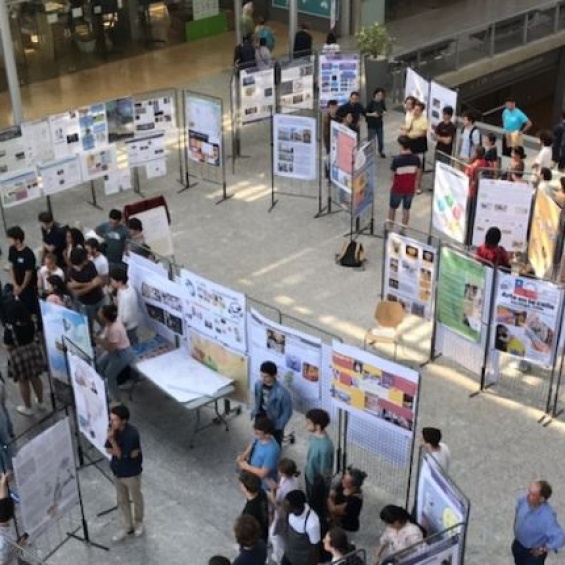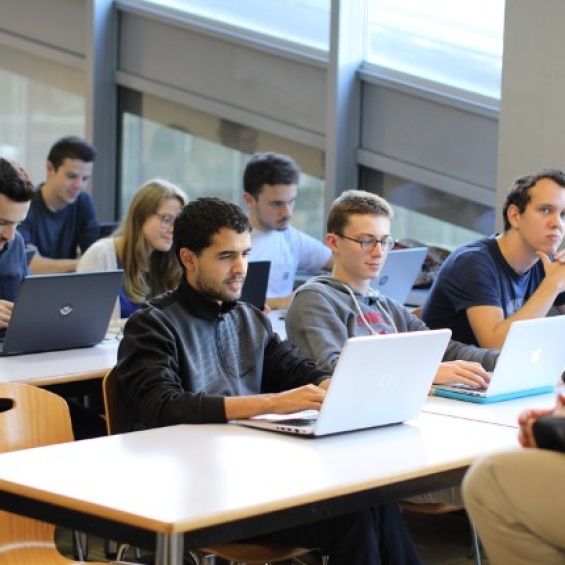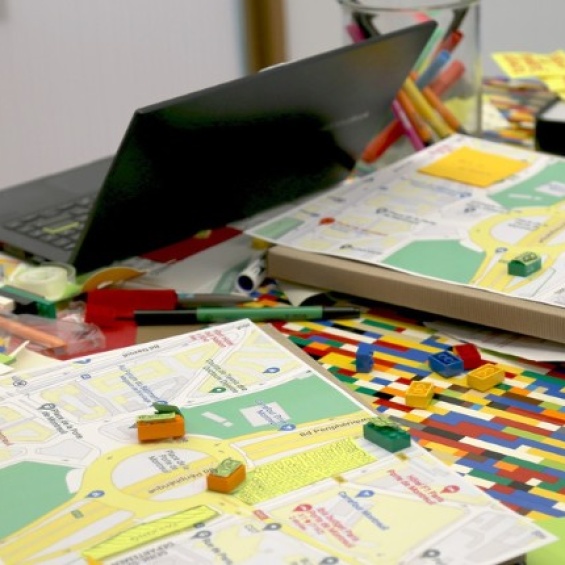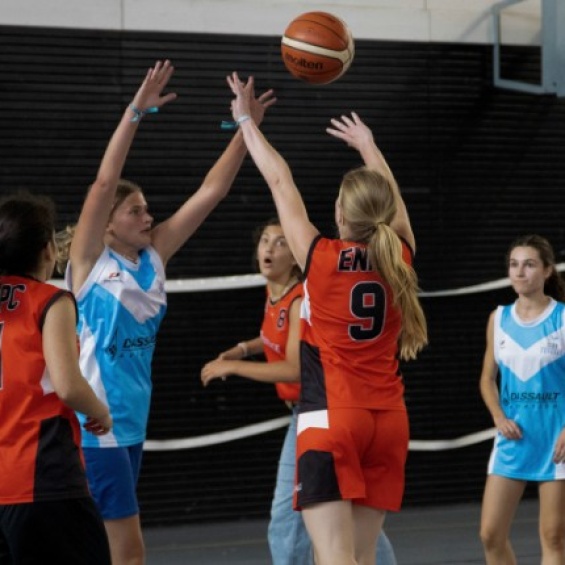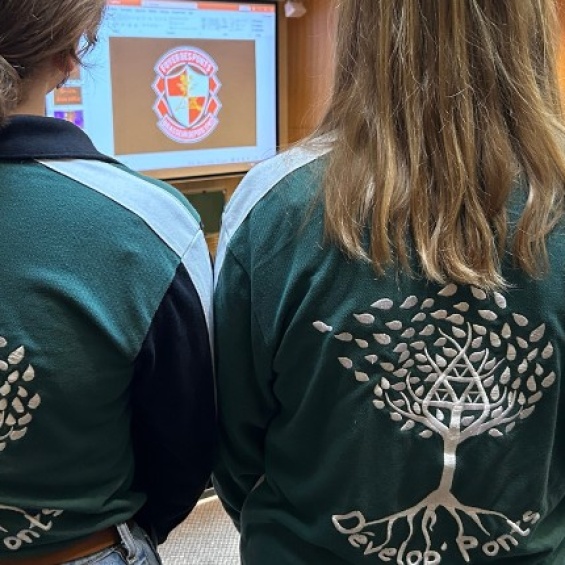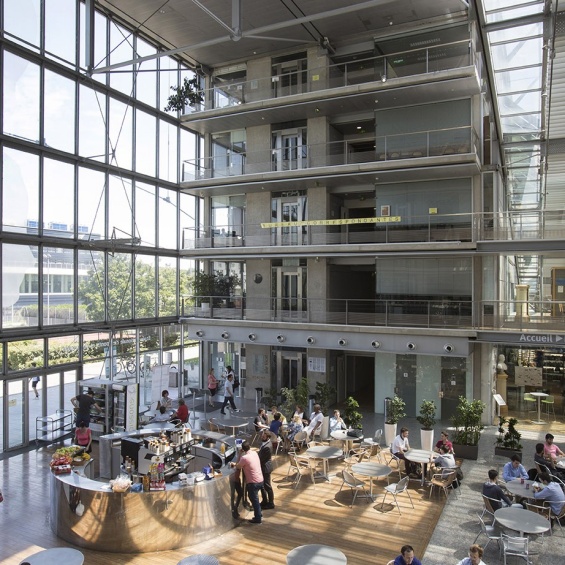Engineering program
The engineering program at École nationale des ponts et chaussées prepares all students to become engineers and leaders capable of inventing solutions for adapting our societies to climate change , and reducing the environmental footprint of our lifestyles, to build a more sustainable and fairer future.
Graduate engineers from École nationale des ponts et chaussées are recognized by companies for their high scientific caliber combined with their ability to put their knowledge and plans into practice.
Virtual visit of the School
Take a virtual tour of the School and watch videos of our curriculum, our facilities, student and community life on campus and much more!
A three-year program
The engineering program takes three years: a first year on the core curriculum and two years of specialization (Masters program). Some students go directly into the second year or into a specific program: this is the integrated additional program.
Choosing a specialization: 6 academic departments
In order to ensure that each student is exposed to the complexity of a particular technical field and takes their first steps toward a range of careers, the School offers a variety of scientific and technical specializations starting in the second year through courses offered by the departments.
- City, Environment, Transportation
- Mechanical Engineering and Materials Science
- Civil Engineering and Construction
- Industrial Engineering
- Applied Mathematics and Computer Science
- Economics, Management, Finance
A wide choice of training programs
The School offers students who joined in the 1st year, following the common entrance examination or admission on application, the possibility of taking a 3rd year in another institution, in France or abroad.
For this purpose, the School has established numerous links with prestigious institutions: 45 international double degree agreements, agreements with ParisTech schools, a double curriculum with HEC Paris, and with the Saclay and Lyons École normale supérieure institutions, the possible to train at the Collège des ingénieurs, at the École des Ponts Business School...
Students also have the possibility of applying to universities in English-speaking countries, outside the double degree agreements, and every year there are students who attend institutions such as Berkeley, Stanford, MIT, the London School of Economics, Imperial College, or EPFL.
A job as soon as you leave the School
At the end of the engineering program, students have access to a wide range of sectors: employment opportunities are particularly fluid. The professional integration rate is 99% after graduation, mainly due to internships or the professional mission of the end-of-studies project, which enables students to build up a significant network of contacts.
EUR-ACE® Label
The School’s engineering program has been awarded the EUR-ACE® European label by the European Network for Accreditation of Engineering Education (ENAEE), of which the CTI is a founding member.
The ability to work in teams and internationally: 20% of teaching time is dedicated to languages. International stays and contact with many foreign students prepare student engineers to work in a multicultural context.
I joined the School through the common examination. What I liked first of all were the year groups, which are human in scale. This enables the students to bond more quickly, which means that we get better responses and guidance in all the projects we develop. I joined the Civil and Structural Engineering Department and following the dual engineering and architecture curriculum, which is virtually the only course of its kind in France. Next year, I am planning to do an internship in New York. Alongside my studies, I am also involved in voluntary activities and sports, which are very extensive at the School. That was another important factor in my choice. I belong to the Students’ Union, take part in the various sports weekends, and continue to play rugby. Clément Davy, former student
General information
Admission Office
+33 1 64 15 39 45

